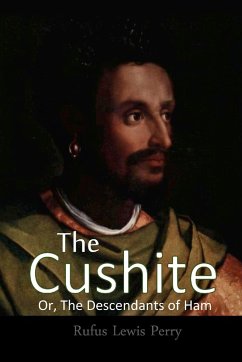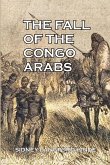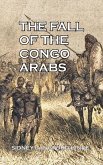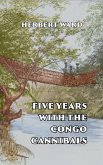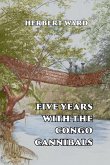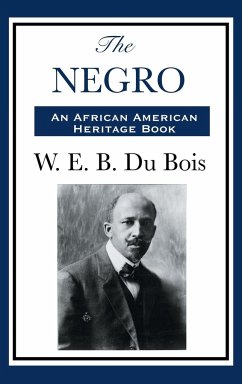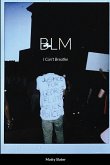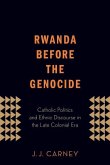"Perry is a splendid type of the Negro genius." -Men of Mark (1887) "Perry is considered one of the best scholars the negro race has produced." -Appletons' Annual Cyclopaedia (1896) "Perry is able to offer hope for modern Cushites in the prophesied moment when Cush will 'stretch out her hands unto God.'" -Light Against Darkness (2010) "Rufus Perry traced the ancestry of Black Americans to the biblical Cushites." - Black Women in United States History (1990) "For Perry the contribution of Black people to world civilization was immeasurable." - Philosophy of Religion and the African American Experience (2017) "Perry considered the greatness of the African past to be the foundation of the African American's future." -Liberating Faith (2003) "Perry placed the cradle of Western culture in Ethiopia." -Mind and Mood of Black America (1969) "Perry is ever ready to defend his race. He is a ready, bold, fearless." - Our Baptist Ministers and Schools (1892) Before the great civilizations of Greece, Persia, China, and Rome there was the land of Ham, of Cush and the Cushite; the land of the chosen of God in which to train his peculiar people, according to Rufus Lewis Perry D.D., Ph.D., (1834-1895), an escaped slave, Negro Baptist clergyman, missionary, educator and journalist. In his groundbreaking 1893 book, "The Cushite, Or, The Descendants of Ham," Perry makes the case that "the enemies of the negro maintain that the distinguished Ethiopians and the Egyptians of such frequent and favorable mention, in both sacred and profane history, were not black men. They ingeniously explained the black man away, and cunningly substituted some other race. They seemingly forget that the ancient language is a constructive tale-bearer; that its roots are etymological indices, twinkling like the fixed stars to light up the pathway of the scholar engaged in historic research." In writing of the greatness of the ancient Cushites, Perry writes: "He has had a checkered life, it is true, but so have the Shemitic and the Japhetic families. He has been master and he has been slave; but this is no less true of Ham than of Japhet. In the world's history of the rise and fall of nations, no face, no color, can boast of exemption from misfortune. But no race can boast of higher celebrity in ancient times than the negro, then called Cushites by the Hebrews and Ethiopians by the Greeks."
Hinweis: Dieser Artikel kann nur an eine deutsche Lieferadresse ausgeliefert werden.
Hinweis: Dieser Artikel kann nur an eine deutsche Lieferadresse ausgeliefert werden.

